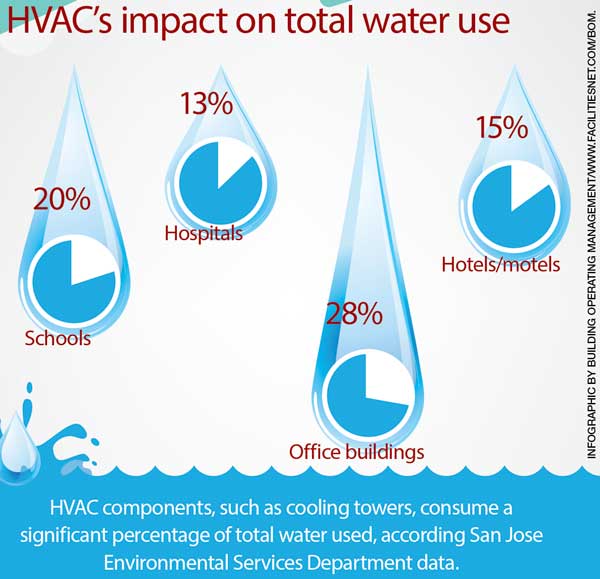Making Best Use Of Convenience And Financial Savings - Tips For Optimizing Your Heat Pump Performance
Making Best Use Of Convenience And Financial Savings - Tips For Optimizing Your Heat Pump Performance
Blog Article
Content Writer-Grimes McDonough
Whether you have a heatpump or have an existing central heating boiler back up, there are a few things that can be done to enhance your system for efficient operation. By adhering to these pointers, you can take full advantage of comfort and savings without straining your system or acquiring power expenses.
Readjusting your thermostat for performance is among the very first steps. Using zoning click the up coming site to restrict heating of unoccupied spaces is one more reliable method.
1. Establish Your Thermostat to the Right Temperature level
As the periods transform, stabilizing convenience and price effectiveness can be a difficulty. Fortunately, a couple of straightforward tips can help you minimize power usage and make best use of financial savings.
Beginning by determining the very best temperature for your household, then set your thermostat as necessary. Avoid making large raise and down in the temperature setting, as this will trigger your heatpump to cycle on and off extra regularly, using up more energy.
Instead, progressively lower the temperature level during the night for a more comfy resting atmosphere. After that, raise it somewhat in the early morning. Keep in mind to keep air vents open and directed downward when home heating, and up when cooling to enhance blood circulation.
2. Inspect Your Device On A Regular Basis
A heatpump system needs very little maintenance, however it's important to examine the system frequently to capture any type of problems before they become extreme. Clean interior filters on a timetable set by the manufacturer or when they're noticeably dirty, and see to it outside systems contend least two feet of clearance to permit air movement.
Examining the system will additionally consist of cleansing, tightening electric terminals, and running performance examinations to make sure precision throughout home heating and cooling down modes. It's recommended to have a specialist solution the heat pump twice a year. Doing these regular services can make best use of energy financial savings and prolong the life of the system.
3. Clear Snow and Ice Around the Unit
Heatpump are made to operate outdoors and require to be devoid of snow and ice in order to circulate air. If your heatpump is obstructed by snow and can't pull in air, it will toggle between cooling and heating and may overwork.
It's important to get rid of a two-foot clearance around your outside device in order to improve air flow and prevent ice buildup. Heat pumps generally go into a defrost mode in the winter months to thaw ice and snow however this process can be troublesome if your unit is blocked by too much snow. This will lower your energy efficiency and cause expensive fixing bills in the future.
4. Evaluate the Refrigerant Levels
A heatpump makes use of refrigerant to cool your home in summer and warm it in winter months. You can help maximize its efficiency by regularly checking the refrigerant degrees.
It takes more power to change the temperature level of your heatpump from a comfortable setting to a chillier one than it does to maintain that temperature level. Altering the temperature for brief amount of times can also waste energy.
Dripping air ducts and dirty air filters can lead to unequal temperature levels. They can also make your heat pump much less effective and set you back even more to run. A professional can situate and fix these problems to enhance your heatpump's efficiency.
5. Enhance Your Zoning Capabilities
Utilizing the zoning capabilities of a heat pump can assist to decrease energy waste by heating up just busy spaces. This not just lowers power consumption yet additionally reduces operating costs and expands the life of the system.
The Build Balanced Areas tool utilizes a hereditary algorithm to construct zones that satisfy called for zone building requirements. These standards include equivalent location, compactness, and equal number of functions.
In addition, by using smart thermostat innovation to maximize the temperature setups based on occupancy patterns and scheduling, you can additionally boost your heat pump's efficiency. Maintaining a tidy air filter, making certain correct insulation and having your ductwork reviewed for performance can all contribute to enhanced power financial savings as well.
6. Shielding the Outdoor Unit
Property owners frequently ask whether it's worthwhile to plant color trees near their outdoor a/c (AC) system. The solution is normally yes, as shielding the a/c unit can help reduce warmth from the sunlight, which consequently helps it cool down much more successfully.
Nonetheless, it is essential to keep in mind that shielding the air conditioner system doesn't necessarily reduce power consumption. As discussed in the Discussion section of the FSEC record, the temperature level of the surrounding air has a bigger influence on cooling effectiveness than does the quantity of air drew in by the a/c unit.
If your air conditioning compressor gets on the south side of your home, think about growing tall, deciduous trees with broad, spread-out canopies. These can provide adequate shade within one year.